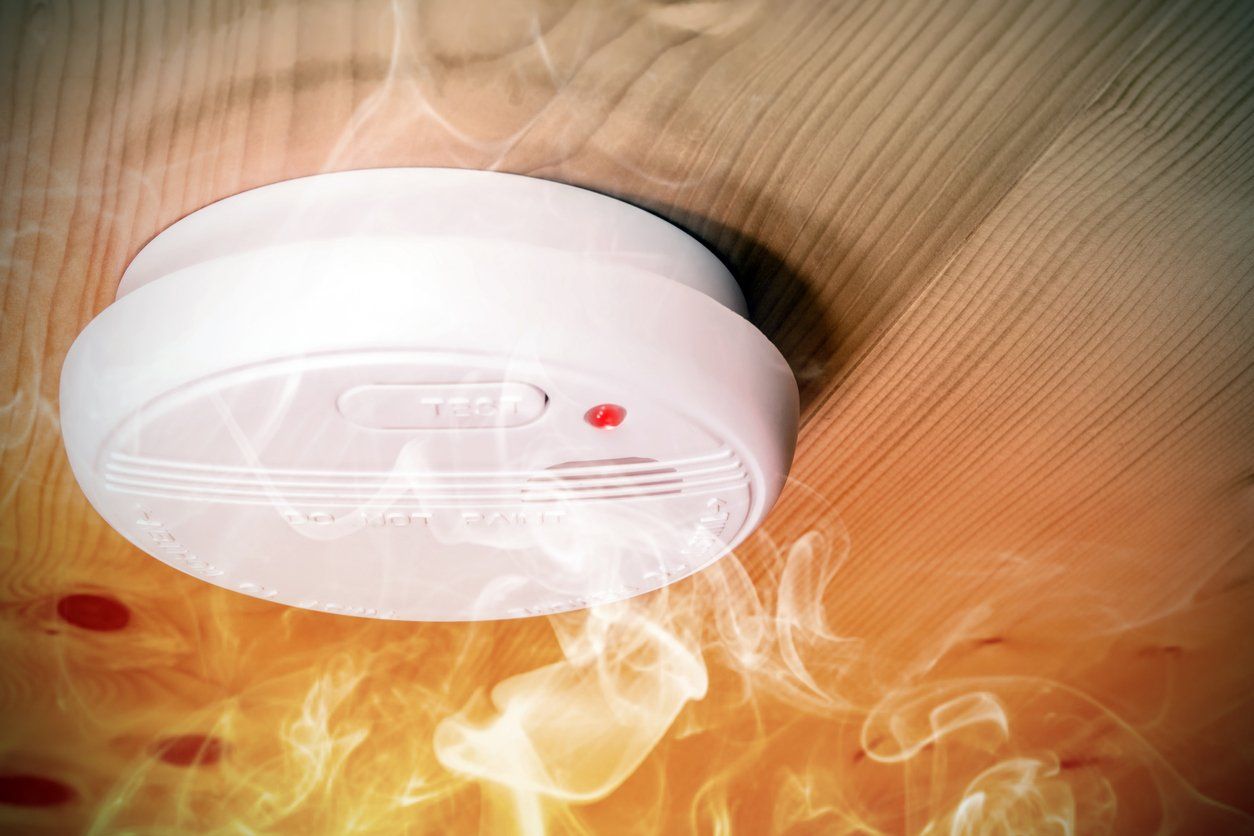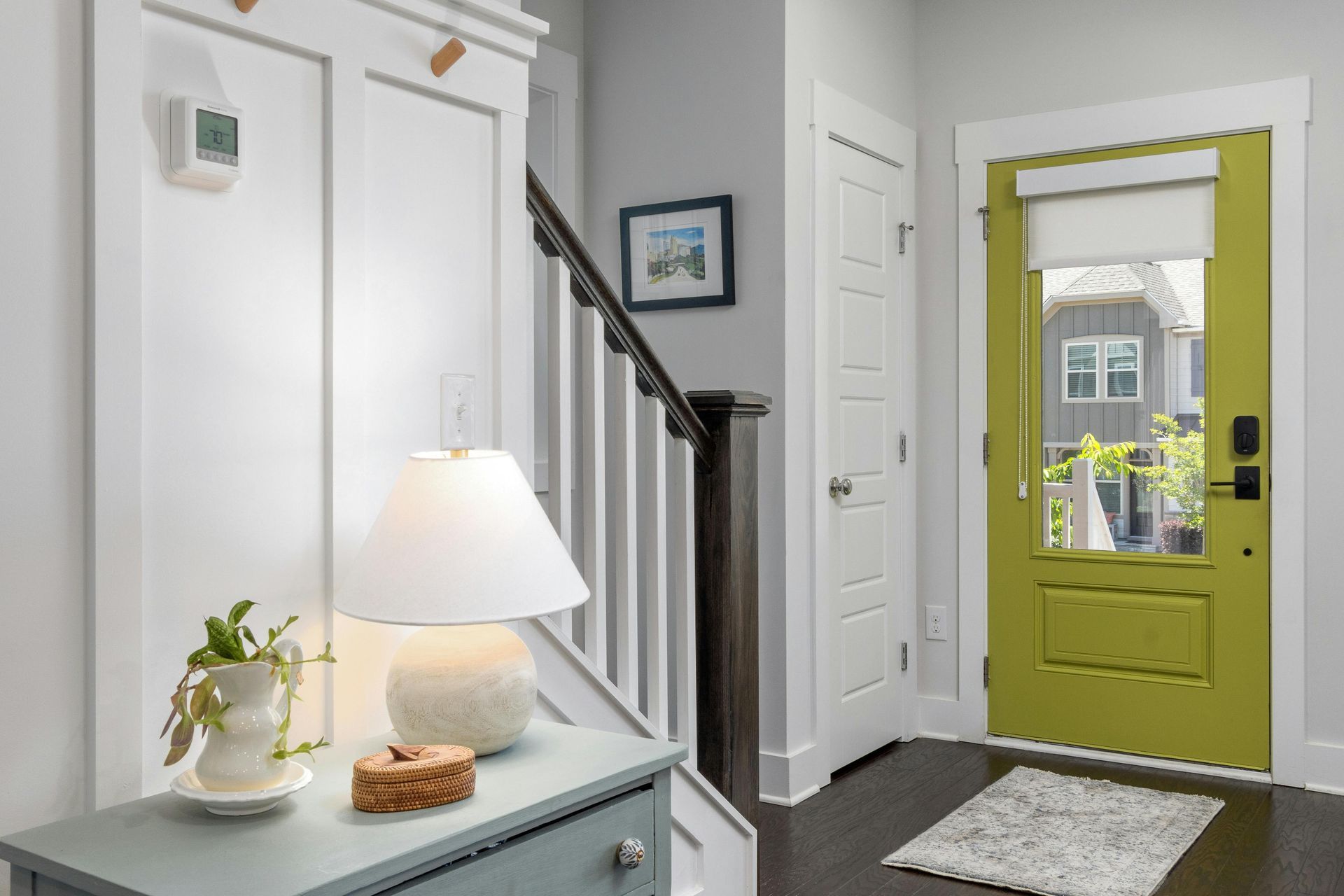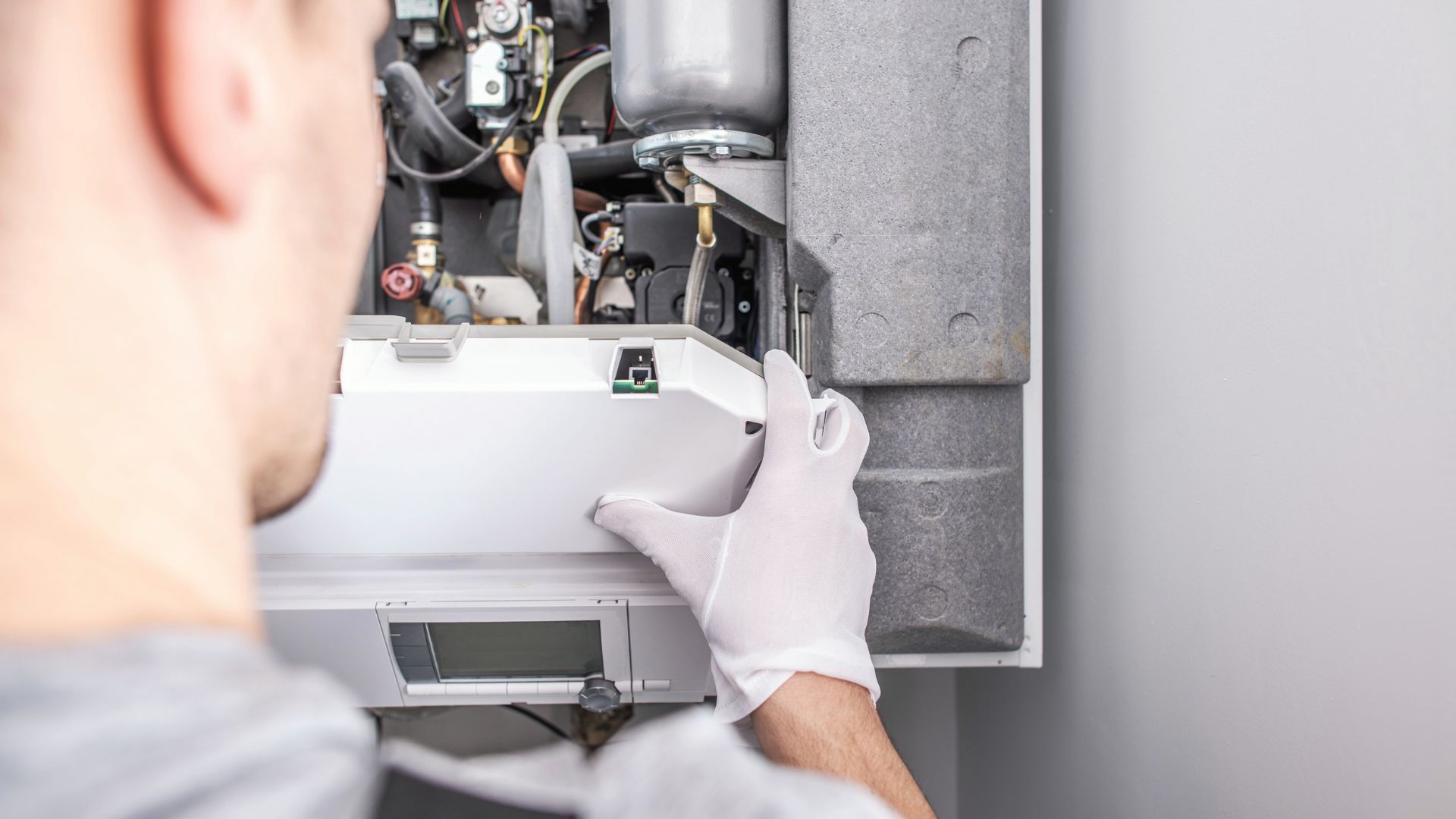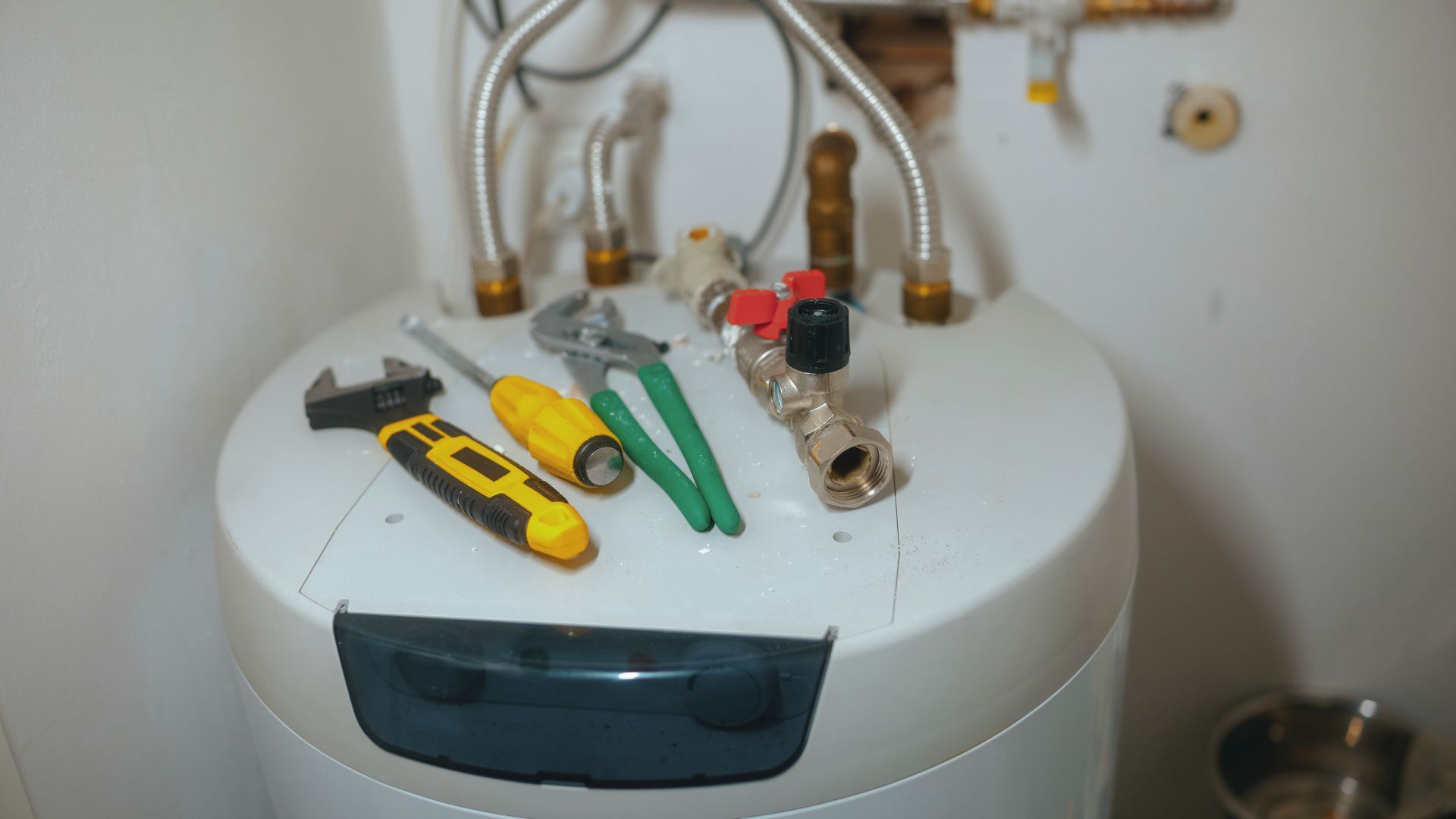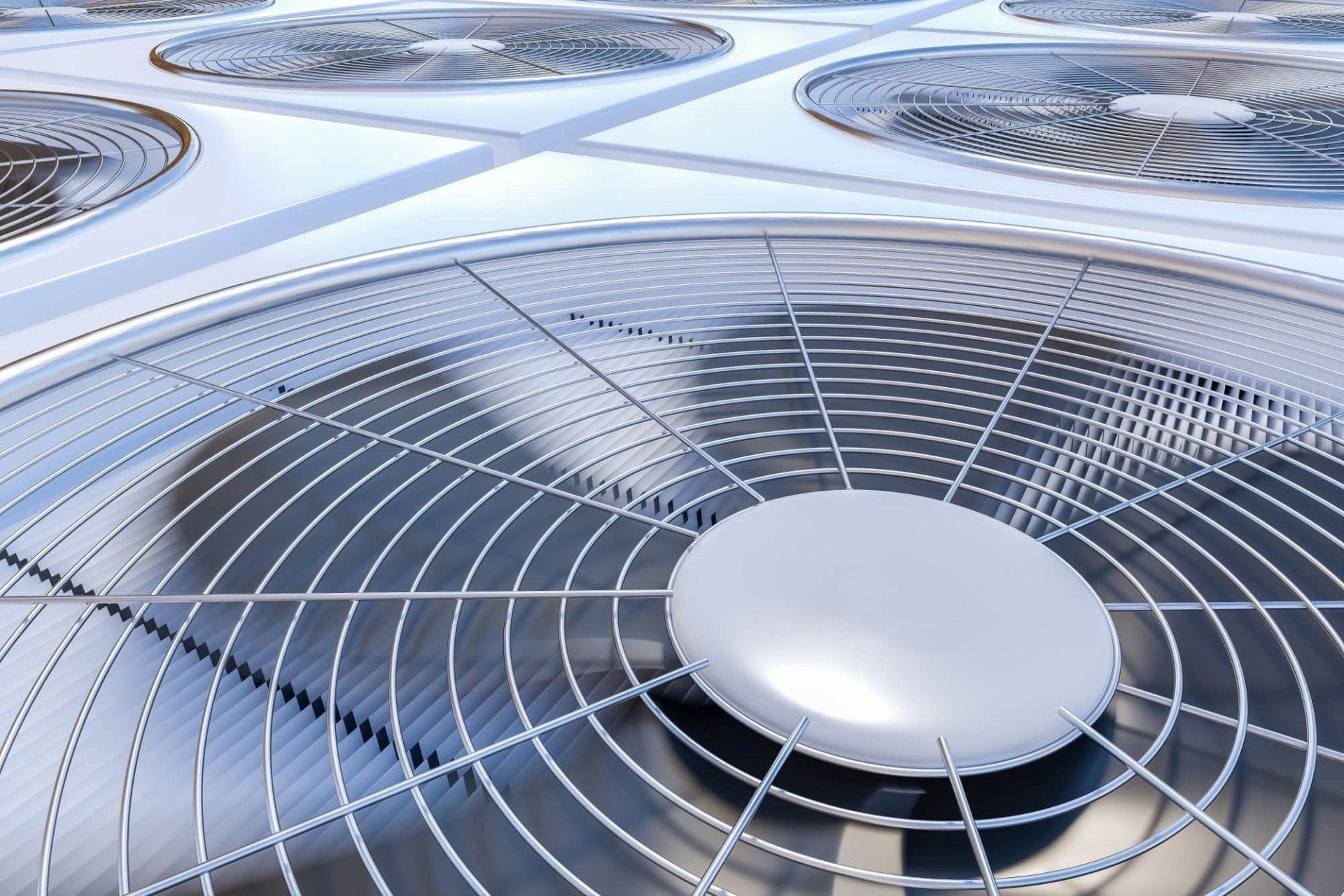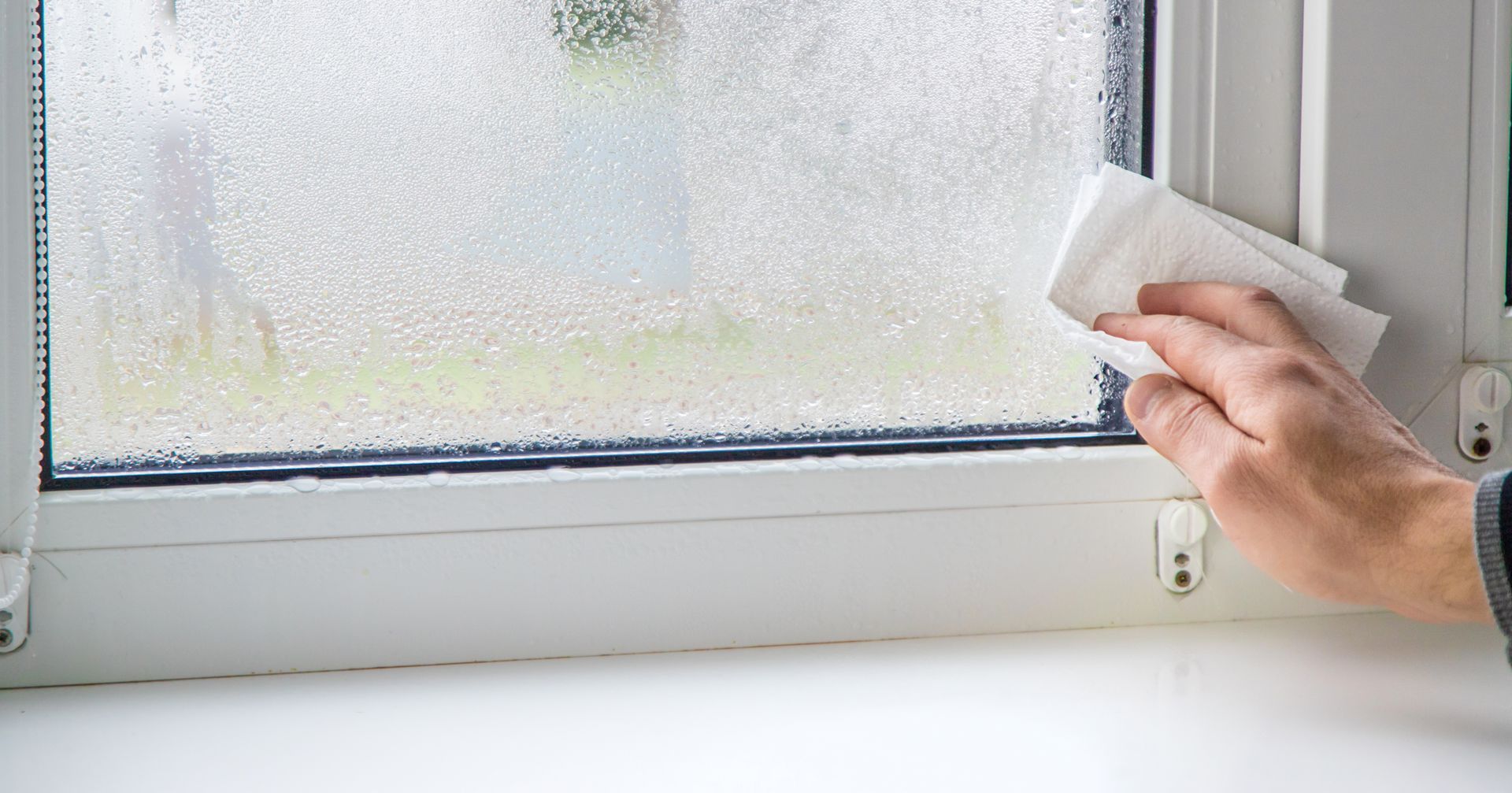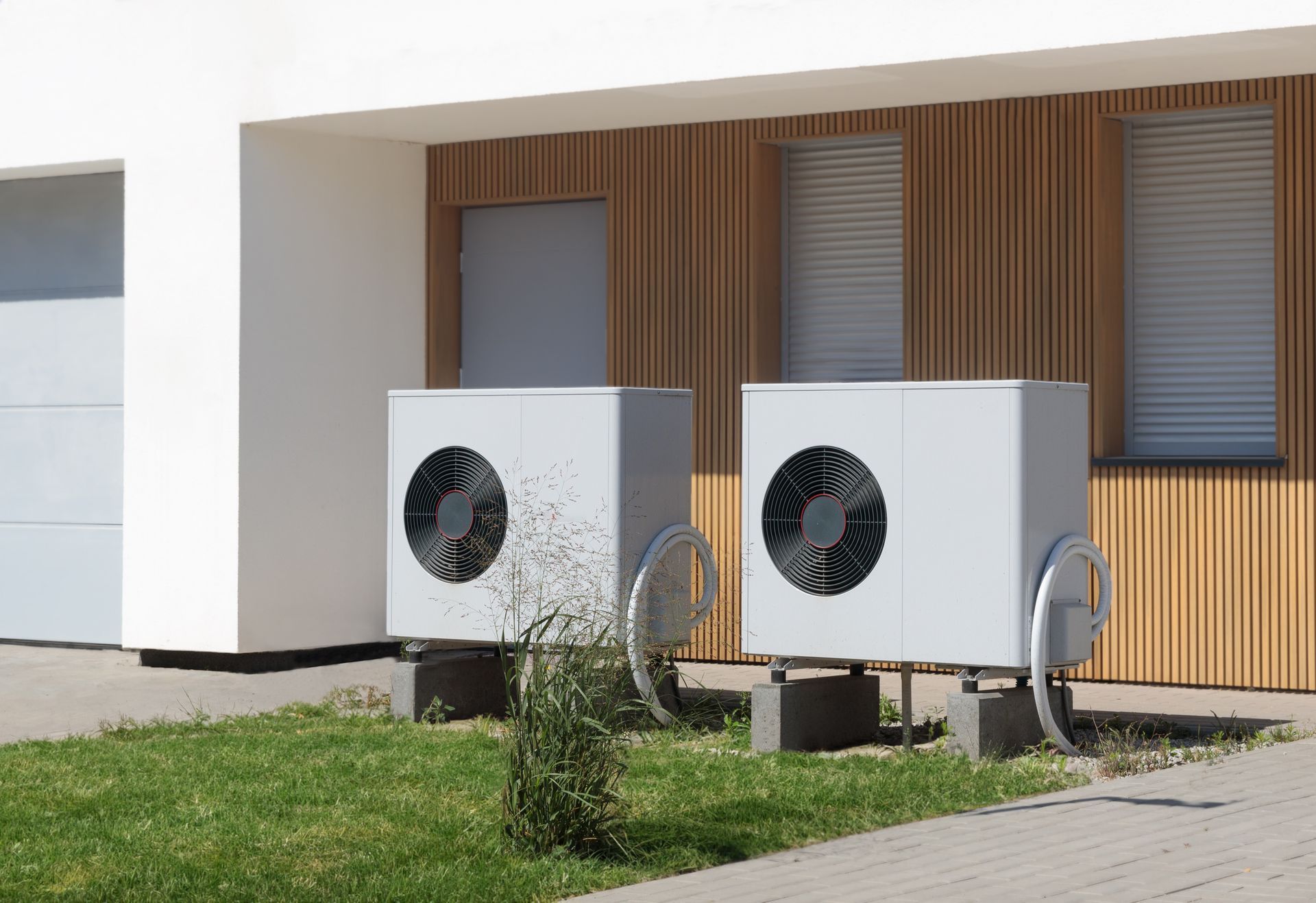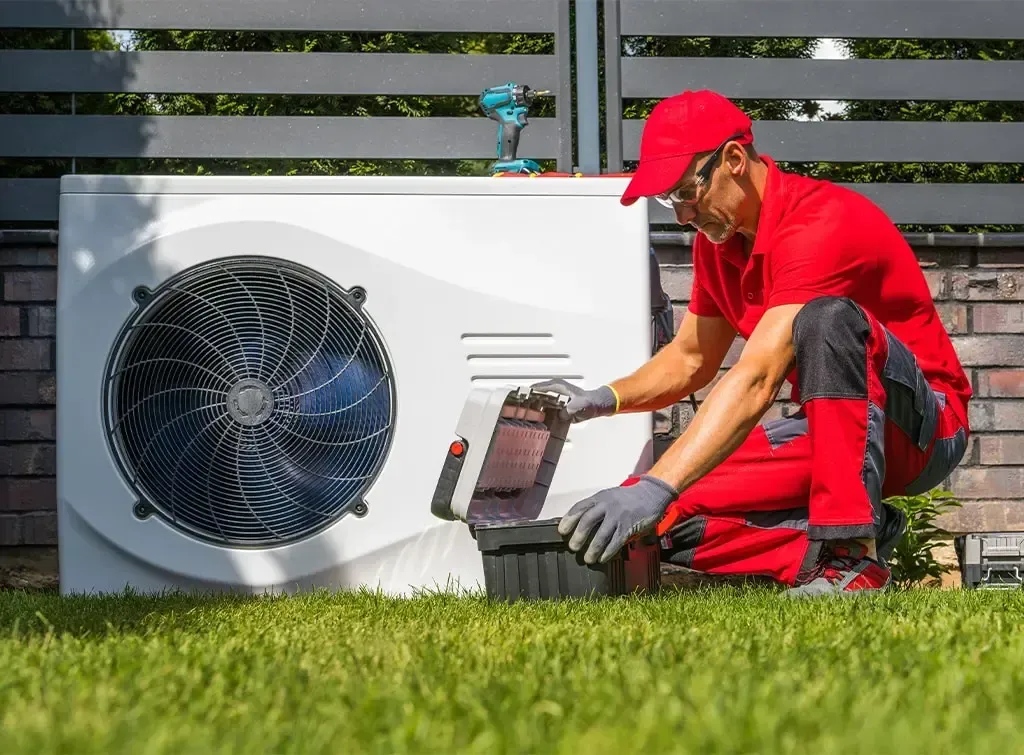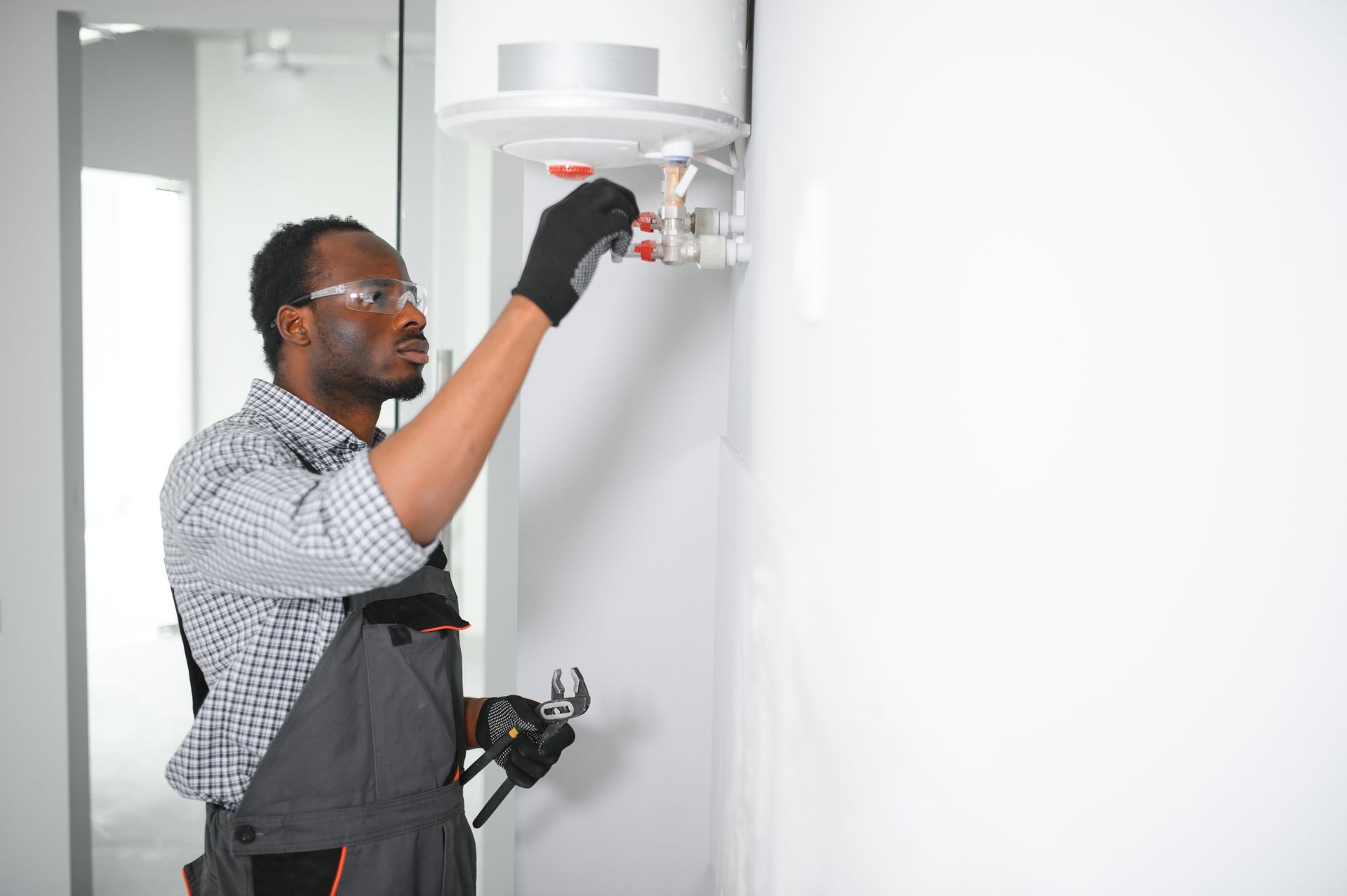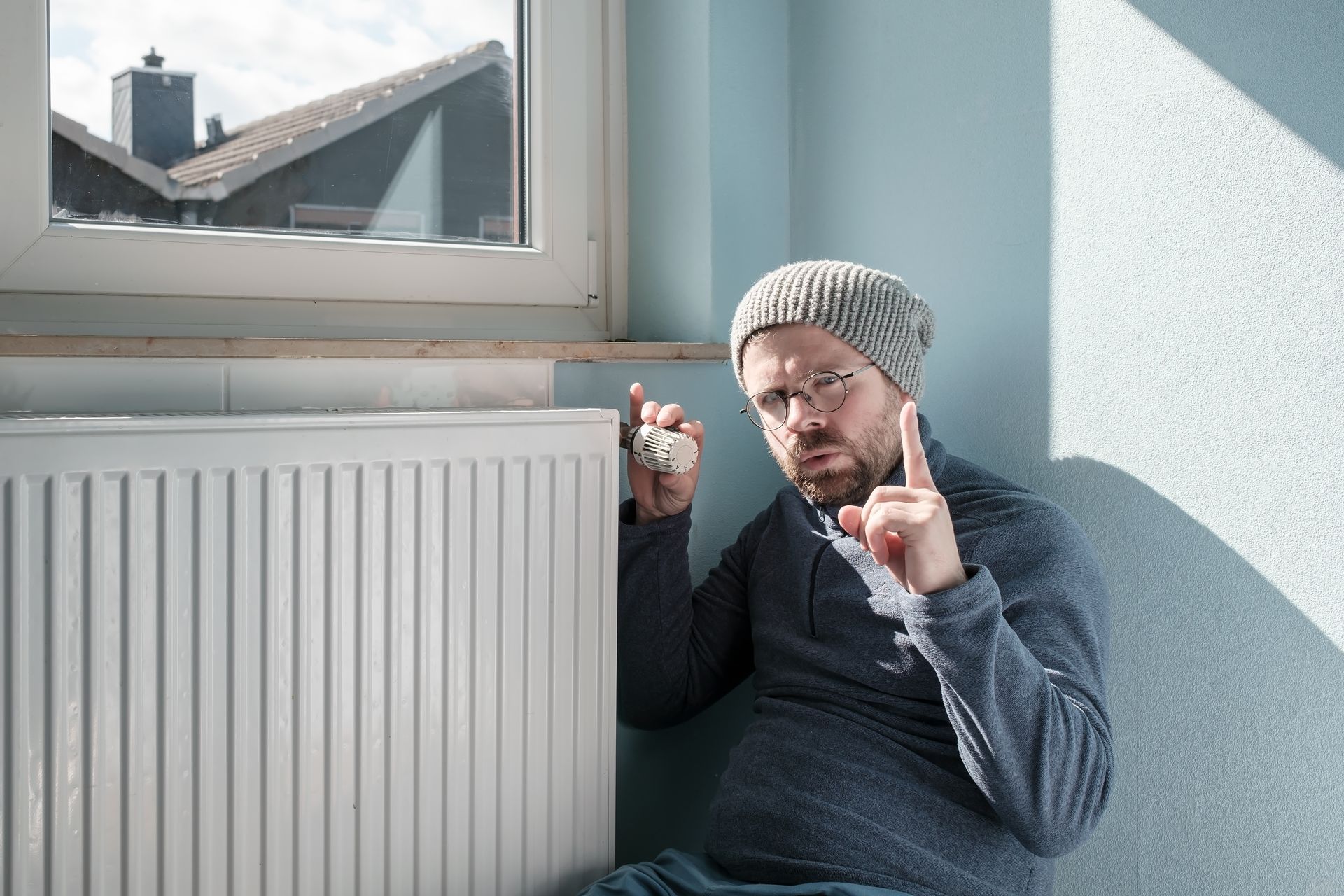December 22, 2025
Winter nights are supposed to be cozy. You imagine curling up under a blanket, perhaps with a hot drink, while your home stays toasty warm. But that idyll shatters quickly when you hear a strange clunking from the basement or realize you’re wearing three sweaters just to watch TV comfortably. Furnaces are the workhorses of our homes, often running for months on end without complaint. However, like any mechanical system, they have a lifespan. There comes a moment when throwing money at repairs stops being a smart investment and starts becoming a drain on your wallet. The 15-Year Rule: Knowing the Average Lifespan Most heating experts agree that the average lifespan of a well-maintained furnace falls between 15 and 20 years. If your unit is approaching—or has passed—its 15th birthday, you are officially in the "repair vs. replace" danger zone. Think of your furnace like a car. You wouldn't sink thousands of dollars into a transmission repair for a car with 300,000 miles on it. The same logic applies here. Even if a technician can fix the immediate issue, the internal components are likely worn down. Check the manufacture date on your unit. If it's old enough to drive a car, it's old enough to be replaced. At Adam’s Air Systems, we often see homeowners struggling to keep 20-year-old units alive, unaware that modern systems could save them significant money and stress. Your Energy Bills Are Skyrocketing Have you noticed your utility bills creeping up, even though usage habits haven't changed? Energy prices fluctuate, but a steady, unexplained rise in heating costs is often a red flag. As furnaces age, they lose efficiency. Parts wear out, motors have to work harder, and the system must run longer to maintain the same temperature. An old furnace might run at 60% or 70% efficiency (AFUE), meaning 30-40 cents of every dollar you spend on heating is simply going up the flue pipe. Newer models, particularly high-efficiency ones, can operate at upwards of 95% AFUE. The difference in monthly costs can be staggering. While the upfront cost of a new unit is significant, the monthly savings on your utility bill start paying you back immediately. Repairs Are Becoming a Frequent Headache One repair every few years is normal maintenance. But if you find yourself on a first-name basis with your repair technician because they are at your house every other month, you have a problem. We recommend the "50% Rule." If the cost of a repair approaches 50% of the value of a new system, you should replace it. Similarly, if you have spent money on multiple smaller repairs over the last two years that add up to a significant chunk of change, stop the bleeding. Consider the stress factor as well. Frequent breakdowns mean you can’t trust your system. Will it fail on Christmas Eve? Will it quit during the coldest night of the year? Reliability has a value all its own. Uneven Heating and Cold Spots Walk through your house. Is the living room a sauna while the upstairs bedroom feels like an icebox? Uneven heating is a classic symptom of an aging furnace struggling to distribute air properly. This can be caused by a failing blower motor, compromised ductwork, or simply a system that no longer has the power to push air through the entire home efficiently. Homeowners often try to compensate by cranking the thermostat up, which only strains the dying system further and spikes energy bills. Modern systems provided by teams like Adam’s Air Systems are designed with better airflow management and variable speed motors that ensure consistent comfort in every corner of your home. The Sounds of Silence Are Gone A furnace should run relatively quietly. You should hear the gentle whoosh of air and the click of the thermostat, but that’s about it. If your furnace has started making new, frightening noises, it’s crying out for help. ● Banging or popping: often indicates delayed ignition or expanding/contracting metal due to cracks. ● Squealing or screeching: usually points to belt or motor bearing failures. ● Rattling: can mean loose components or a cracked heat exchanger. These aren't just annoyances; they are warnings of mechanical failure. Ignoring them can lead to a total system breakdown, often at the most inconvenient time possible. Visible Signs of Rust or Corrosion Take a look at the furnace itself. Do you see rust flakes on the floor around it? Is the vent pipe corroded? Moisture is a byproduct of combustion, and over time, it can eat away at your system. Rust on the outside often implies rust on the inside. If vital components like the heat exchanger crack or rust through, you face a serious safety hazard. A cracked heat exchanger can leak carbon monoxide—a colorless, odorless, and deadly gas—into your home. If you spot rust or cracks, call a professional immediately. This moves the conversation from "efficiency and cost" to "health and safety." Your Home Feel Drier or Dustier Old furnaces often lack the ability to humidify the air properly, leading to stale, dry air in the winter. This can aggravate allergies, cause dry skin, and make the air feel colder than the thermostat suggests. Furthermore, an aging system may struggle to filter out dust, pollen, and dander. If you notice a rapid accumulation of dust on your furniture right after cleaning, or if your family is sneezing more often, your furnace might be the culprit. Modern units often come with advanced filtration options and humidity control to improve indoor air quality significantly. The Flame Is Yellow Instead of Blue This is a specific but crucial check for gas furnaces. The pilot light or burner flame should always be a crisp blue. A yellow or flickering flame indicates incomplete combustion. Incomplete combustion means the fuel isn't burning off correctly, which can produce carbon monoxide. While a yellow flame might just mean a dirty burner, on an old system, it’s often a sign that the unit is no longer safe to operate. If you see yellow, turn it off and call for help. Why Replacing Now is Better Than Waiting Procrastination is the enemy of home maintenance. Waiting until your furnace dies completely—usually in the dead of winter—forces you into a "panic buy." When you are freezing, you don't have time to research models, compare efficiency ratings, or look for rebates. You just want heat, and you’ll take whatever is available quickly. Planning your replacement allows you to: 1. Shop for rebates and tax incentives: Many high-efficiency units qualify for significant government or utility rebates. 2. Choose the right size: A professional assessment ensures you get a unit perfectly sized for your home’s square footage and insulation levels. 3. Schedule conveniently: Installation takes time. Scheduling it before the emergency happens means you won't have to take emergency time off work. Trust the Professionals for an Assessment Deciding to retire a major appliance is a big decision. You don't have to make it alone using guesswork. If you’ve nodded along to several of the signs listed above—rising bills, strange noises, uneven heat, or just plain old age—it’s time for a professional opinion. A qualified technician can inspect your heat exchanger, measure efficiency levels, and give you an honest appraisal of your system's remaining life. At Adam's Air Systems, we pride ourselves on transparency. We won't push a new system if a simple repair will genuinely give you another few years of reliable service. However, if safety or cost-efficiency dictates a replacement, we will guide you toward the best option for your home and budget. Your furnace has served you well, but nothing lasts forever. Holding onto a failing system isn't saving you money; it's costing you comfort, peace of mind, and monthly cash. By recognizing the signs early—whether it’s the age of the unit, the climbing energy bills, or the ominous rattling noises—you can take control of your home comfort. Don't wait for the heat to go out on the coldest night of the year. Be proactive about your heating needs. Is your furnace showing its age? Stop guessing and start saving. Contact Adam's Air Systems today for a comprehensive inspection. Our team will help you evaluate whether a repair is feasible or if it's time to upgrade to a modern, high-efficiency system. Keep your family warm, safe, and comfortable this winter. Call us now to schedule your appointment!
